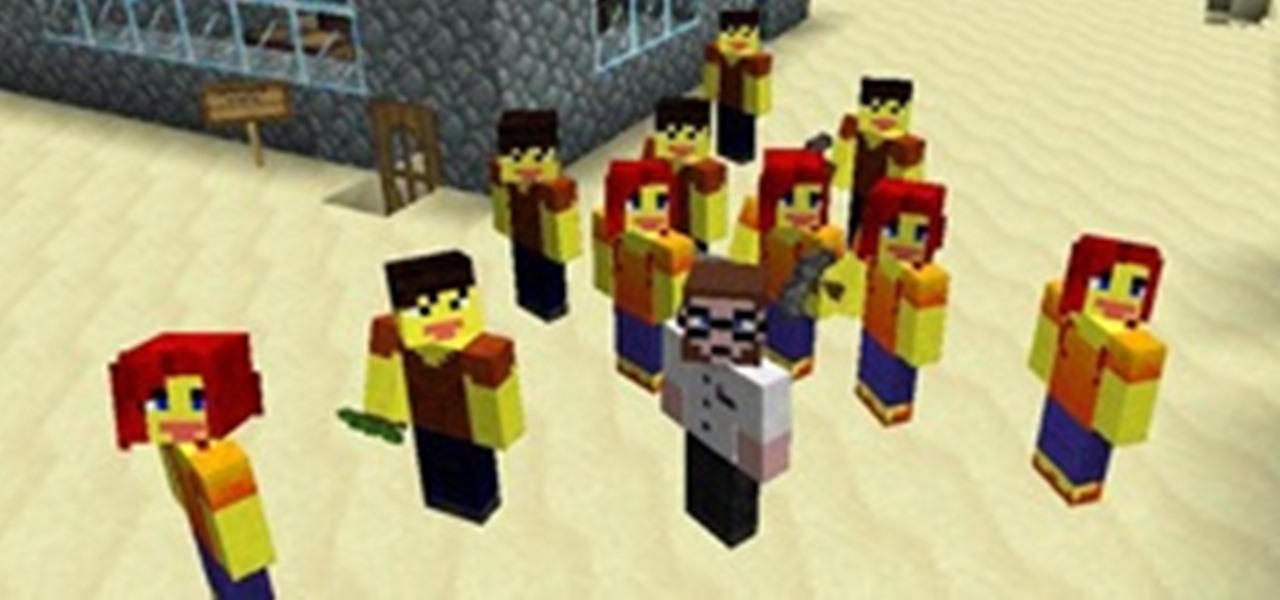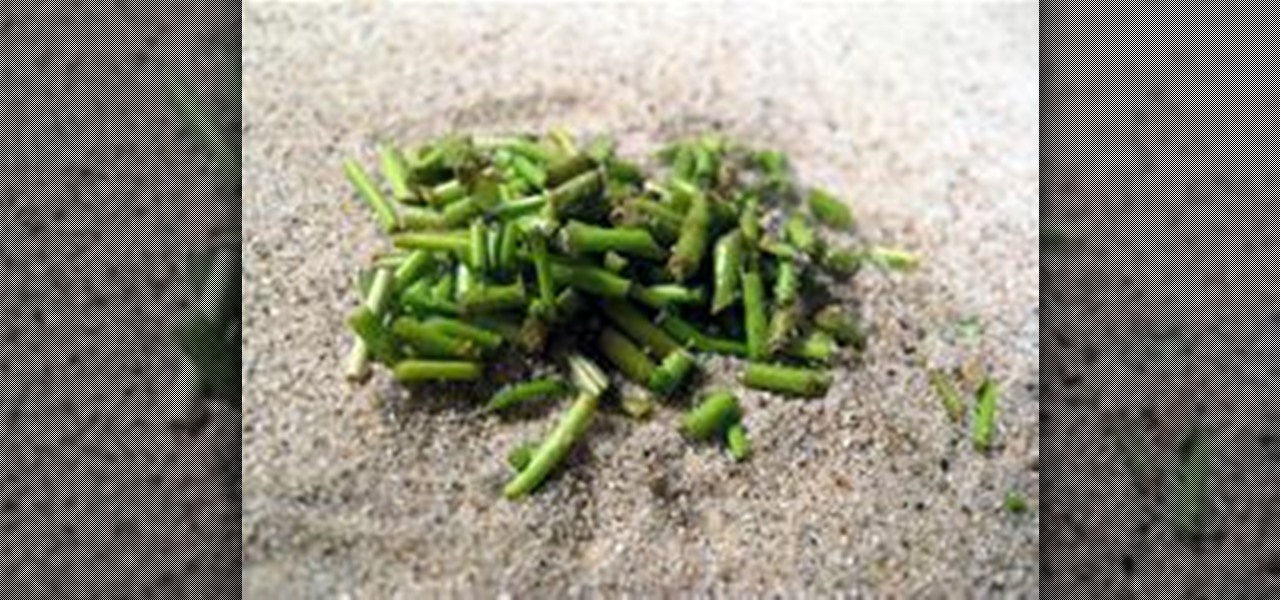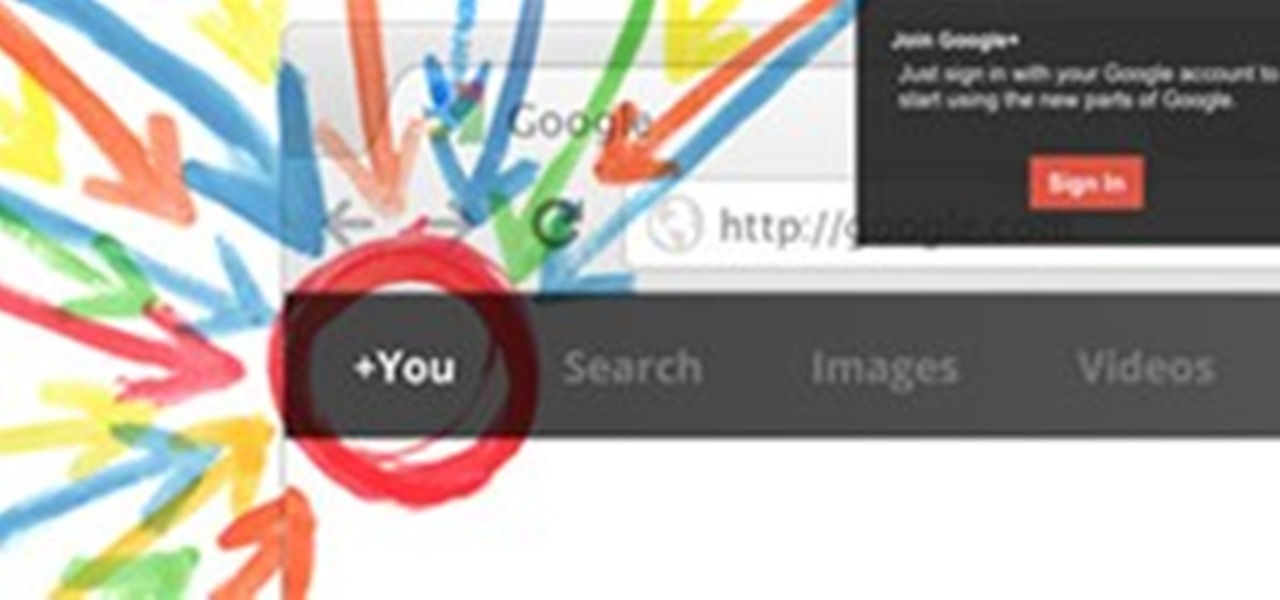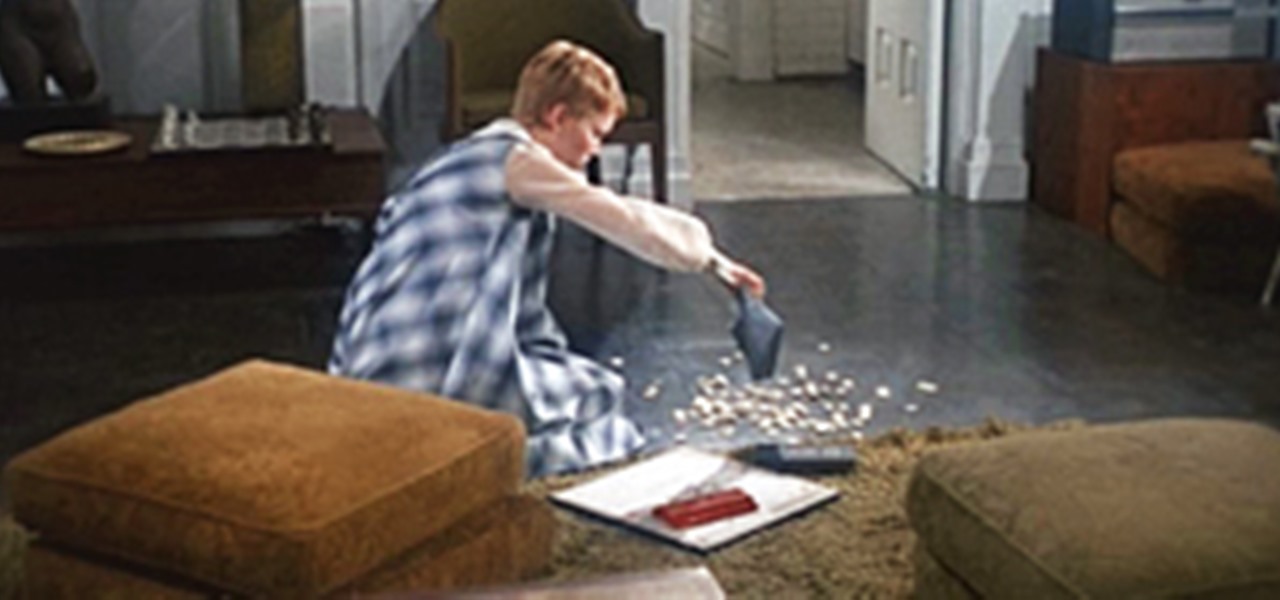
People sometimes ask me about the IT industry here in the states. These folks are usually either trying to get into a certain field, or looking to switch or move into another one. Right now, you may currently be a Computer Science major that will be graduating shortly and are interested in the current state of IT security.

You walk over to your laptop, wiggle your mouse to wake up the screen, then fire up your browser to come visit Null Byte. Catching the article about Anonymous and how they presumably will not take down the Internet, you find yourself wondering... how would someone take down the Internet? Could they even do it?

In the age of automatic video editors and all around software-assisted creativity, how can a humble blogger help people master a program if said program does all the work for you?

Anonymity is something that doesn't exist today. Everything you do in the world is tracked, from the purchases you make to surfing the internet—even taking pictures on your iPhone. Everything you have ever said and done on the internet is still there—somewhere. This is called caching. For example, when a site is down, you can view its cached page on Google.

I've seen numerous tutorials on how to create a "strong" password. This makes me laugh. These titles imply "one" password, which is wrong in and of itself. A person should have many passwords, all different, and all extremely long. People may ask how they're supposed to remember lengthy passwords and why their current password isn't good enough. Well, I'm going to show you.

Camera manufacturers release new versions of the same cameras, mostly point-and-shoot models, as frequently as Detroit's auto industry upgrades minivans. They also add new lenses regularly, upgrading previous models with adjusted zoom ranges or the image stabilization feature. The same goes for tripods, portable flashes and even camera bags.

Welcome to the Google+ Insider's Guide to all things Google+. We're dedicated to keeping you updated with all the latest news, tips and tricks on Google+, and this official index will serve as a one-stop catalog of all our How-To articles, as well as all the news & updates we've covered over time.

This week's 6-part series on Making Art on Your iOS Device comes to a close today with our last segment: a collection of useful apps for touring museums, galleries and street art. The apps below cover some of the world's greatest art meccas, so read on if you're planning an upcoming trip, if you live in one of the destinations listed below, or if you simply want to see what a faraway museum has to offer—from the comfort of your couch.

After the media outcry of Google Buzz's privacy issues, Google has set its goals on making the privacy parameters of Google+ simple to learn and as explicitly manageable as possible. No small feat.

Posted with permission via HereComeTheYanks.com 1776...a group of colonies walked away from the British, effectively starting a war that ended in the defeat of the mighty Brits.

What happened to please and thank you? When did asking someone to come look at your build degenerate into COME NOW or FOLLOW or sending out teleport requests to any and all currently on the server without asking?

A game labeled as 'educational' usually spells its death among hardcore gamers. The educational game genre is mostly intended for children, and games that appeal to children often lack the sort of widespread appeal that makes them commercially successful.

Since the invention of the mechanical clock, enclosure of the commons, and proletarianization of labor, the alarm clock has been the bane of our existence. While not actually evil, it does represent the constant and uncompromising glare of our owners shaking a patronizing finger at us, telling us to get to work so they can use our labor to grant themselves bonuses.

So, you scratched up your $500 Adobe CD and now it's unreadable. You could go buy a new one, but you already purchased it! Searching The Pirate Bay and downloading some Adobe software can usually be easy enough, but what should you watch out for?

Hey everybody, here is my entry for the medieval building contest. I don't actually care if I win, it was just fun to think about.

Facebook unveiled a lot of changes last week, and, as usual, it's causing a lot of consternation and controversy. People within my Facebook, and on Google+, keep asking how to remove the ticker, and are trying, and mostly failing to make sense of the changes.

Remember what life was like before your iPhone? Before there were palm-sized smartphones with seemingly endless features, there were phones like Motorola's RAZR that peaked with its embedded camera. Before that, there were simple flip phones with texting capabilities, bulky two-pound Gordon Gekkos—even briefcase phones.

You're lost. You're cold, thirsty— you're hungry. What if you're not much of a hunter? Maybe you're a gatherer. So, then you'll eat plants. But what if you eat something poisonous? What if you're allergic to it?

You've finally got an invite into Google+. Now what? At first glance, things can be a bit overwhelming. We've got some great tips to help you get started.

In our media-enriched world, past and present, SCRABBLE has made a name for itself, whether deliberately, subconsciously, or influentially. You may have a read a book that had the popular word game within a chapter, watched a movie that showed your favorite characters bringing out the SCRABBLE board, or even listened to a rap about this word or that word. SCRABBLE is everywhere, even if you don't realize it.





















